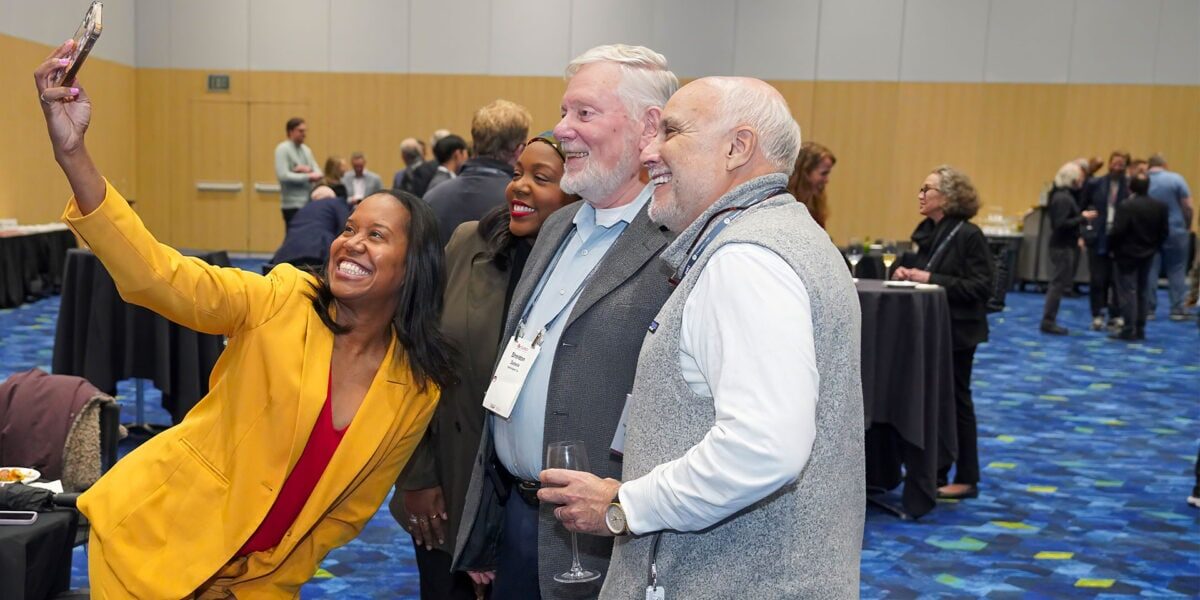SIOP Foundation & How We Advance Our Science and Practice
Filip Lievens and Britt De Soete (2014)
The Z-J grant made it possible for us to cover expenses (test-takers and coders) of a proposed study on constructed responses and SJTs. At that time, SJTs were mostly MC tests because coding constructed responses could still be done reliably only by humans, which was time consuming and costly. Due to the Z-J grant we were able to run our study. This resulted in an article in Journal of Applied Psychology (see below). We recognized the financial support of the Z-J grant in the acknowledgements. This work shows constructed responses in SJTs as a potential supplement or even substitute of MC responses to reduce adverse impact and such constructed response SJTs can now be gathered and scored much more easily and efficiently due to the advent of LLMs. The article won the Jeanneret Award for Excellence in the Study of Individual or Group Assessment (2021).
Lievens, F., Sackett, P. R., Dahlke, J., Oostrom, J. K., & De Soete, B. (2019). Constructed response formats and their effects on minority-majority differences and validity. Journal of Applied Psychology, 104, 715–726.
Vivian Chou, Paul Hanges, Charles Scherbaum, and Jordan Epistola (2018)
The Z-J Grant had a transformational impact on me, my collaborators, and our students. The grant supported a project that used eye tracking to measure cognitive processing while individuals completed traditional cognitive tests. We found that the Black-White score differences on the test were about four times larger than the score differences on the measures of information processing captured by the eye tracker. We presented these findings at SIOP in 2019. At the time, we were new to using eye tracking. The funding enabled us to pay for training on using the methodology and analyzing the data. There is no way we could have done this project without the Z-J Grant.
The initial project sparked several follow-up studies using eye tracking to examine how test takers attend to and process test stimuli. The experience we gained with eye tracking allowed us to apply for another grant in 2020 to purchase several portable eye trackers. We have used those eye trackers to develop an assessment of visual abilities that we are currently pilot testing with collegiate and professional sports teams. We shared some of our pilot results at the 2025 SIOP.
The Z-J Grant also inspired a number of our graduate students to explore eye tracking as a method for understanding how evaluators attend to applicant characteristics and non-verbal behavior in AVIs. One line of this research received the 2025 SIOP Small Grant. The Z-J Grant also had a spillover effect, as several of my I-O colleagues at Baruch have incorporated eye tracking into their research. This grant led us to research areas that we had never considered and allowed us to further our understanding of how sources of contamination in tests impact score differences, as well as how non-job-relevant information is attended to by evaluators scoring AVIs.
I want to thank both of you for your support of this grant. It really changed the direction of what our research team is focused on.

Explore Opportunities and Support the Future of I-O Psychology
Please review all the opportunities available through the SIOP Foundation, find one that fits your work, and apply. Also, please consider a gift to one of the many wonderful grants and other funding programs.


